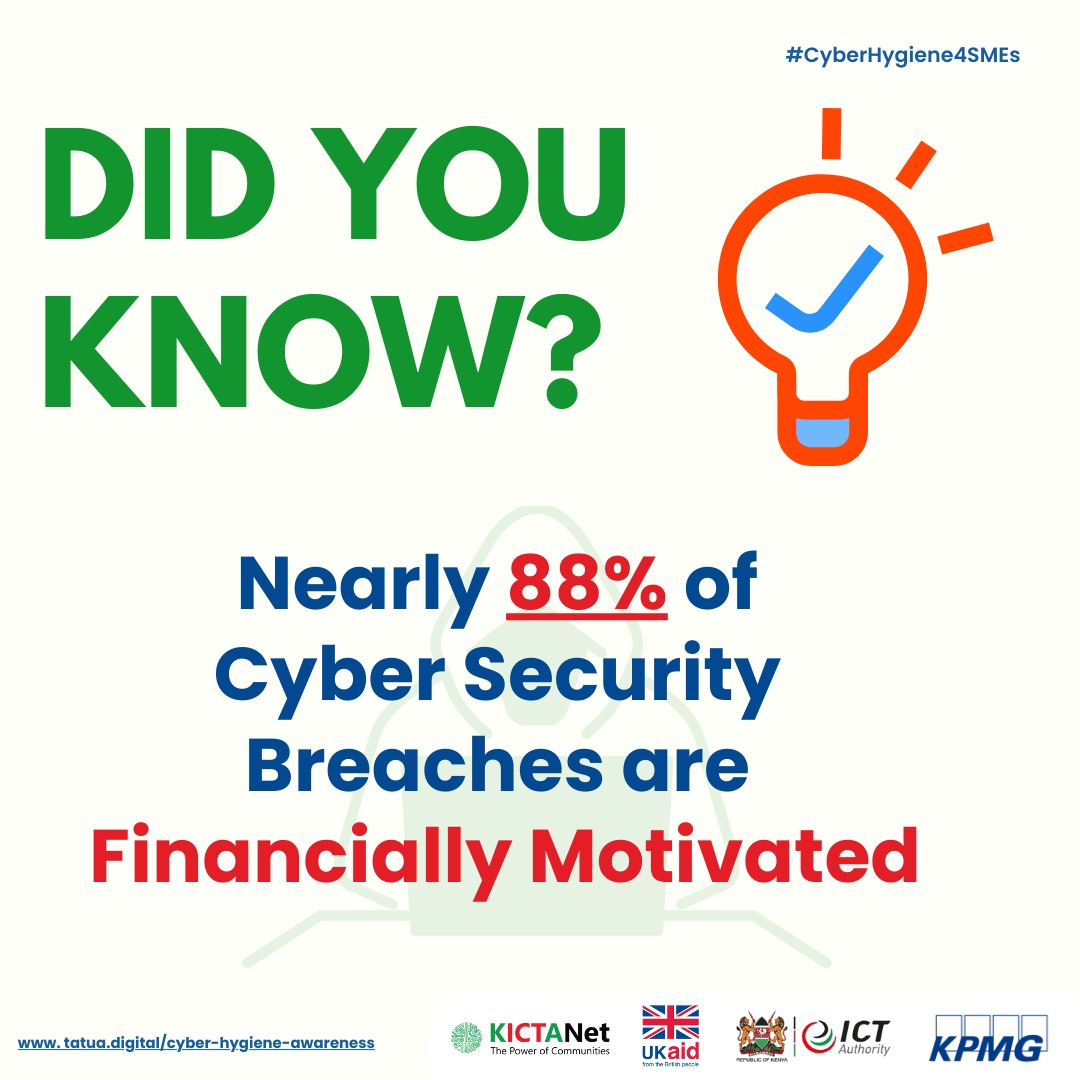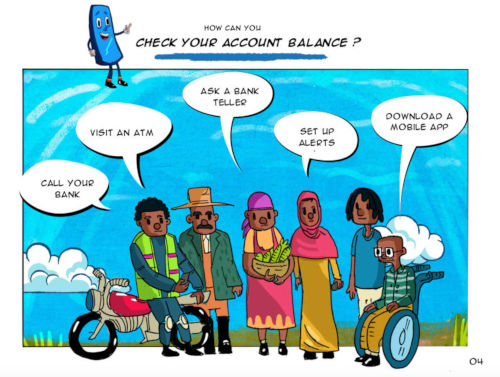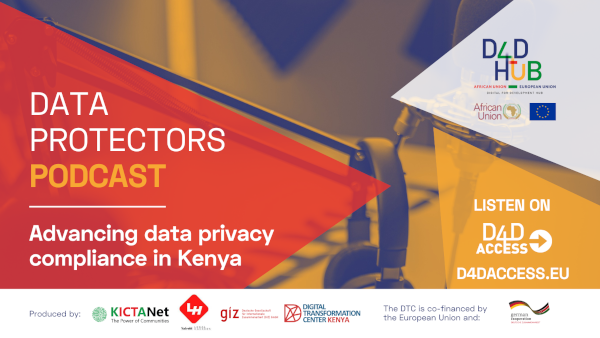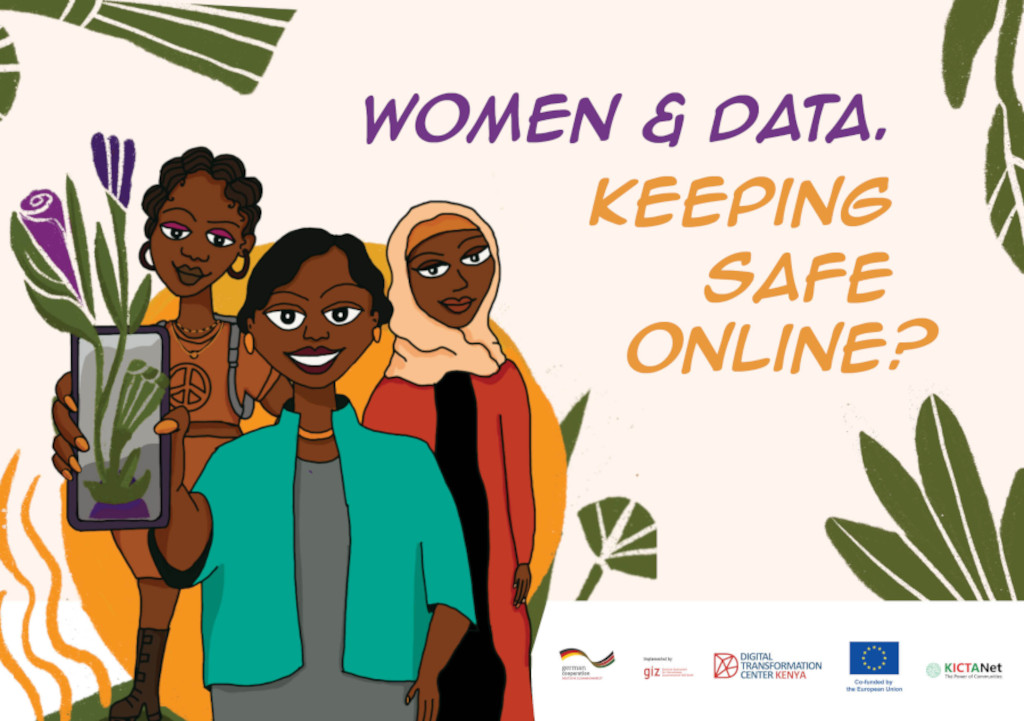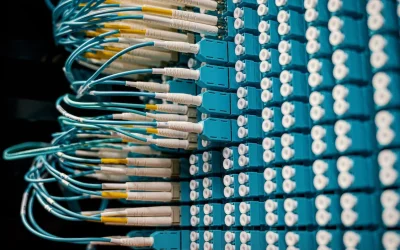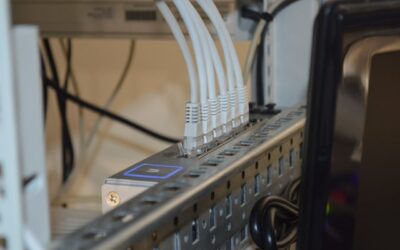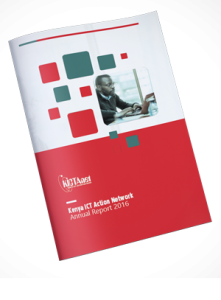KICTANET POST : Latest news, events & opportunities
Launch of Tatua Digital Resilience Centre
Tuesday, 25 April 2023, 0800 – 1400 hours EAT Nairobi, and Zoom Introduction. Over the past decade, technology and digital platforms have emerged as critical instruments for the promotion of human rights. Social Justice Organizations (SJOs) in Africa are increasingly...
KICTANet Welcomes All to The 10th Edition of the DRIF23 in Nairobi
The 10th edition of the Digital Rights and Inclusion Forum will be held in Nairobi, Kenya, from April 12 - April 14, 2023, for the first time ever. Under the theme of “building a sustainable internet for all,” where conversations on digital policies are debated and...
Advocacy’s Role in ICT Inclusion
Advocacy demands that, as an individual or group, you own the zeal to influence, fund, champion, and/or advocate for a particular course of action for a given individual or group. For a long time, the discussion of inclusion for Persons with Disability In the ICT...
The Annual ICT Connected Summit 2023 Kicks Off at Diani
By John Walubengo Every year, during Easter week, as it has been slightly over the last decade, the ICT Authority of Kenya, currently headed by the CEO, Mr Stanley Kamanguya, invites delegates from the public and private sector, academia and civil society to convene...
Introduction to Spectrum
KICTANet is a multi-stakeholder think tank for ICT policy formulation. One of its pillars is capacity building. Through its community Networks project, we strive to build capacity in telecommunications, a core component in the provision of digital access to unserved...
Kenya National Public Key Infrastructure implementation status
The Communications Authority of Kenya together with the ICT Authority of Kenya held an inclusive status update in March 2023 on the implementation of the National Public Key Infrastructure. The stakeholders included government organs, civil society, business...
Data Localization: What are The Issues?
By John Walubengo As countries continue to digitize their socio-economic spheres, the value of their digital activities and footprints begins to accrue national strategic importance—politically, economically, legally, and socially. Questions around who is collecting...
Is AFRINIC On Its Deathbed?
By John Walubengo Last week I came across the Kenyan IPv4 to IPv6 Migration Strategy published by the Communication Authority of Kenya. In full, this stands for 'Internet Protocol version Four' migration to 'Internet Protocol version Six', a topic that needs its own...
DigitALL: Spotlight on the State of Digital Access for Women with Disability
Most of the world celebrated International Women's Day with activities centred around women’s achievements and challenges in the virtual and physical world. This year's theme was apt, DigitALL: Innovation And Technology For Gender Equality. In celebrating women in all...
KICTANet is a multi-stakeholder Think Tank for ICT policy and regulation. The Think Tank is a catalyst for reform in the Information and Communication Technology sector. Its work is guided by four pillars of Policy Advocacy, Capacity Building, Research, and Stakeholder Engagement.
KICTANet’s mission is to promote an enabling environment in the ICT sector that is robust, open, accessible, and rights-based through multistakeholder approaches.
During the 2022 – 2024 strategic period, KICTANet has prioritised the promotion of effective multistakeholder participation; an enabling legal, policy and regulatory environment; building capacities and empowered communities; and institutional strengthening. KICTANet’s guiding philosophy encourages synergies in ICT policy-related activities and initiatives. As such, the network provides mechanisms and a framework for continuing cooperation, engagement and collaboration in ICT matters among industry, technical community, academia, media, development partners, civil society and government.
_____
Strategic Priority.
- Convening power. To strengthen and promote engagement, collaboration and relationships with relevant stakeholders (state, business and non-state actors).
- Promoting an enabling environment. To catalyse policy, legislative and regulatory reforms in the ICT sector.
- Building capacities and empowered communities. To build the capacity of the stakeholders across government, business society and civil society and the citizens.
- Institutional strengthening.
The report outlines the work undertaken in between 2007 and 2016 which is underpinned by crowd sourcing and community engagement
Click here to download the report
FACTS AND FIGURES
Achievement of the Network over the Years
Publications
Thought Leadership Forums
Persons trained
Policy Interventions
Conversations in KICTANET listserv
Active listers contributing often
Different conversation threads
Impressions on ICT policy discussions
Our Pillars
KICTANet’s organisational strategy:
Policy Advocacy
Capacity building
Research
Stakeholder engagement
We facilitate stakeholder engagement through collaborative initiatives in face-to-face Town Hall meetings, and in the KICTANet?s interactive mailing list where multiple stakeholders engage regularly on ICT policy issues.


